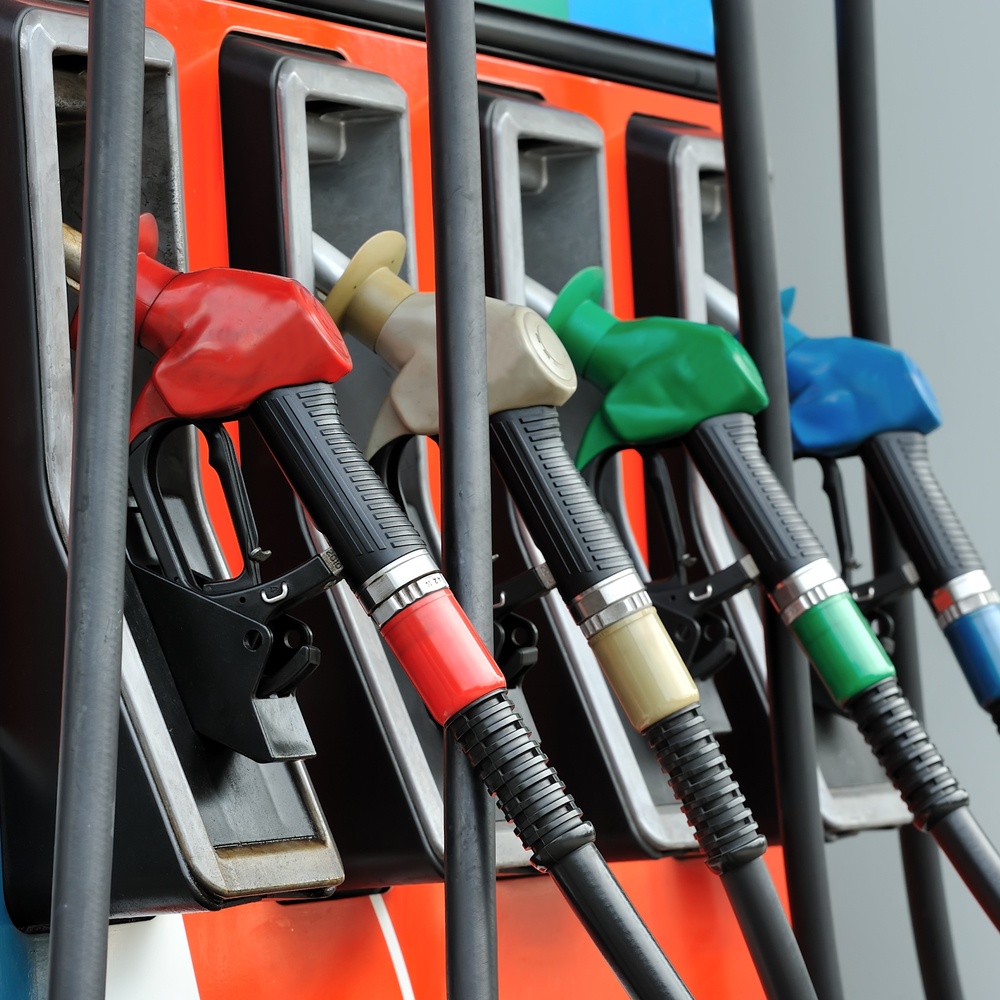
High octane or high grade gas is more expensive than regular. Many drivers believe that a higher grade and octane rating means it is more beneficial to their car but that may not be the case. While some vehicles call for a higher octane gas, others work just as well with more affordable regular fuel. In order to know whether or not your car needs a higher octane you also need to know what octane is and what it does for your engine.
What is Octane?
Octane is a compound used in gasoline which prevents the gas from igniting due to pressure. Spontaneous gasoline combustion can create a knock in the engine which over time can do serious damage that is expensive to repair. A higher level of octane in gasoline means that fuel can withstand more pressurized environments before igniting.
High octane premium gas requires more energy to ignite. A common misconception is that this increase in combustion energy also increases gas mileage or engine power. However, if a higher grade fuel is used in an engine that does not need it, there is no improvement in engine performance.
Do I Need a Higher Grade Gas?
The best way to know whether or not your car was designed to need high octane or high grade gasoline is to check your owner’s manual. Despite the sometimes complex language used to describe your car’s specifications, most include the recommended octane levels in the gas you use.
As a general rule, engines which have a higher compression rate and produce more horse power call for higher octane ratings in the fuel it burns. The high octane gas does not create more power from the engine; it prevents the gas from spontaneously igniting due to the increased pressure present in that type of engine.
Another sign you should be using high octane gas is a noticeable knock in your engine. A knock in your car’s engine indicates that your gas is being ignited by compression instead of normal engine combustion caused from the spark plugs. A higher octane rating in your gas will prevent that unwanted ignition and eliminate the knock. The high grade gas isn’t burning off any faster or more efficiently, just at the appropriate times.
The price of high grade octane makes it vital to know whether or not your vehicle actually needs it. You cannot improve gas mileage or the power put out by your engine by opting for a high grade fuel but you can prevent your gasoline from igniting under pressure. As long as you do not hear or feel your engine knocking, you do not need to upgrade to a higher octane level.
*Image courtesy of freedigitalphotos.net




